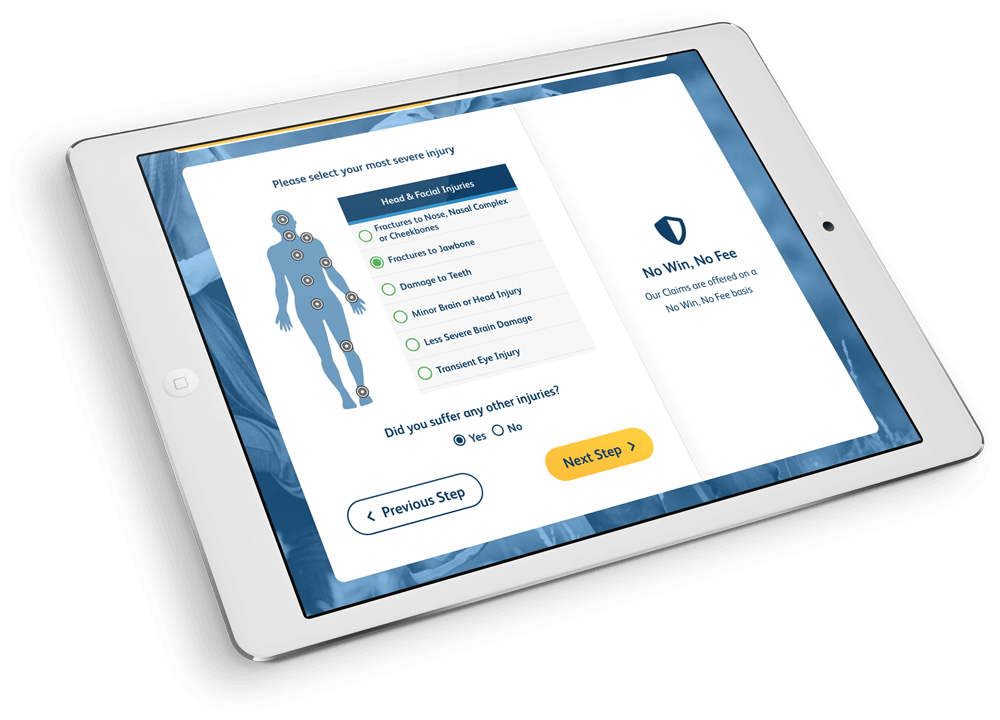Men’s Health Month: Prostate cancer awareness
November marks Men’s Health Month, or Movember, as it has become better known. The initiative started in 2003 when two friends in Melbourne decided to grow a moustache for November and, since then, it has flourished into annual global movement supported by more than five million people and raising funds for over 1,250 men’s health projects across 20 countries.
In the UK, the main beneficiary of the Movember phenomenon is Prostate Cancer UK, with more than £400 million being raised to invest in research into the prevention, diagnosis and treatment of prostate cancer.
Prostate cancer is one of the most common cancers in the UK, with over 47,500 people being diagnosed with the disease every year and affecting one in eight men during their lifetime. Furthermore, cancer that is localised to the prostate rarely shows any symptoms, which is why it is vital to know how at risk you are, and what to do if you feel as though your doctors are being negligent.
CAUSES, TYPES AND SYMPTOMS OF PROSTATE CANCER
The prostate is a walnut-sized gland that sits underneath the bladder and around the urethra. Cancer forms in the prostate when the cells start to grow in an uncontrolled way, although it’s not entirely clear why this happens.
Research has shown there are a number of aggravating factors in the development of the disease:
- Age – the most common age for men to be diagnosed with prostate cancer is between 65 and 69, although it can develop at any age.
- Ethnicity – prostate cancer is most prevalent amongst black men, with one in four being diagnosed with the disease in their lifetime.
- Genes – you are two and a half times more likely to develop prostate cancer if your father or brother has/had it, and the likelihood increases further if they were diagnosed under the age of 60.
- Lifestyle – if you are obese, or have an unhealthy lifestyle, you are more at risk of developing prostate cancer.
Men are advised to speak to their GP about prostate cancer tests from the age of 50, or 45 if they are in a higher risk category.
Although there is no guarantee of any symptoms in the early stages of prostate cancer, it is possible that if the cancer grows near the urethra and therefore presses against it, there might be changes in urination. These include:
- Difficulty in emptying the bladder
- A weak flow in urination
- Needing to urinate more often than usual
- A sudden need to urinate
If the cancer is locally advanced or advanced, where the growth breaks outside of the prostate or spreads to other parts of the body, other symptoms may be felt, including:
- Back pain
- Hip pain
- Pain in the pelvis
- Erectile dysfunction
- Blood in the urine or semen
- Unexplained weight loss
These changes can also be brought about by a range of non-life-threatening problems, such as an enlarged prostate, which is incredibly common and non-cancerous. However, it’s always advisable to get any signs checked out by a medical professional just in case.
WHAT TO DO WHEN THE SIGNS ARE MISSED
Unfortunately, there is no single definitive test for prostate cancer.
A GP will usually assess the risk of getting prostate cancer through the factors listed above, and will work with you to decide which tests can be done to ease any anxiety. These initial tests include urine testing, digital rectal examination and testing the level of prostate-specific antigen within the blood.
For those who are at risk, or who are presenting further symptoms, a hospital referral may be necessary to carry out MRI scans, PET scans, and transrectal or transperinial biopsies.
It is important that a GP refers patients to a urologist if they are presenting any of the possible symptoms of prostate cancer, as early diagnosis leads to more effective and less invasive treatment. If the cancer is localised within the prostate, it is possible that no treatment is necessary, depending on the age of the patient.
Carlos Lopez, Director of Clinical Negligence at Hampson Hughes, said: “Men can often suffer with prostate issues in later life, although this doesn’t always mean that it’s related to prostate cancer.
“Statistically, men are more likely not to want to raise this kind of sensitive issue with their GP. It’s really important to speak to your GP as early as possible and if you’re still worried, don’t be afraid to ask for a second opinion.
“Prompt action and speedy referrals for specialist investigation are the key to early detection and recovery. Even in the backdrop of a pandemic, you are entitled to treatment and you should not be afraid to question any delays”
Usually, the care we receive from medical staff is of an excellent standard; however, mistakes can be made. If the cancer is allowed to spread due to delays in referral, failure to diagnose or a misdiagnosis, the effects can be devastating.
In order to claim for medical negligence you must be able to demonstrate that:
- The level of care has been substandard
- You have suffered recognisable pain, injury and/or ongoing damage, or that it has sadly resulted in the death of a loved one
- The issues you have suffered are caused or contributed to as a result of negligence by a medical professional
If you believe you have been a victim of prostate cancer medical negligence, it is vital to find the guidance and support of a qualified and trustworthy medical negligence solicitor to assist you in seeking the compensation that you may be entitled to.
At Hampson Hughes, our team of medical negligence experts is on hand to support you through your claim, and help you secure the compensation you deserve.
We also pride ourselves on providing a first class service to help you achieve the best possible outcome for treatment and support.
For a full list of support services, information and how to help fundraise this November, visit Prostate Cancer UK.





